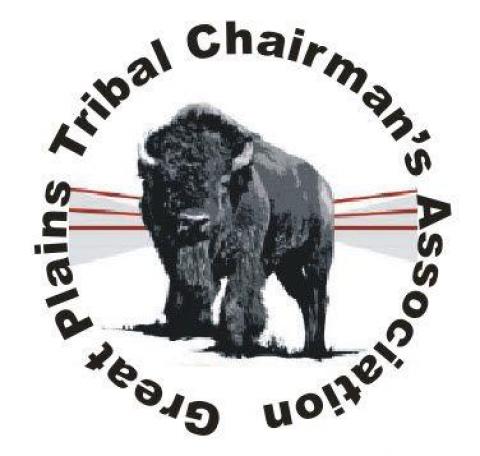Elders and chiefs of at least 10 sovereign nations walked out of a meeting with U.S. State Department officials in Rapid City, South Dakota, on Thursday May 16 in which the government was attempting to engage in tribal consultation over the Keystone XL pipeline.
Deeming the meeting “invalid,” leaders of the Great Plains Tribal Chairmen's Association—attendees included the Southern Ponca of Oklahoma, Pawnee Nation, Nez Perce Nation, Sisseton-Wahpeton Oyate, Ihanktonwan Dakota Yankton Sioux, Rosebud Sioux Tribe, Oglala Sioux Tribe, Standing Rock Tribe, Cheyenne River Sioux Tribe and Crow Creek Sioux Tribe—said they would meet only with President Barack Obama to discuss the pipeline.
The Great Plains Tribal Chairman’s Association is made up of the 16 tribal chairmen, presidents and chairpersons in North Dakota, South Dakota and Nebraska who have joined to defend treaty rights, according to the group. In January they along with other tribes signed the International Treaty to Protect the Sacred Against the Tar Sands.
Keystone XL would carry up to 800,000 barrels daily of viscous crude known as bitumen from the Alberta oil sands of Canada for 1,700 miles down to the Gulf of Mexico coast in Texas. Obama is slated to make a decision on the $7 billion project sometime this year, perhaps as early as the end of summer.
The chiefs join the National Congress of American Indians (NCAI), which two weeks ago released its public comments on the pipeline’s draft environmental assessment report, recommending that the Obama administration reject the pipeline proposal from TransCanada if certain concerns could not be adequately addressed.
The state department received more than a million public comments by the April 22 deadline, which was coincidentally Earth Day, most of them against the project.
The government’s own Environmental Protection Agency has weighed in against the environmental draft report, which was released on March 1. On April 22 the EPA objected to the review, saying more study was needed of greenhouse gas emissions, the potential effect of spills, and the route through ecologically sensitive territory, the Washington Post reported.
They contended that tribes had not been consulted as the report stated they had, and took issue with the report’s assessment that the pipeline would have little to no impact on climate change.
“The standard for consultation with indigenous nations is described as ‘government to government,’ and that standard must not be treated lightly,” said Jennifer Baker, a Denver-based attorney who works with the Great Plains tribes, to Native News Network after the chiefs’ walkout. “The duty to engage with tribes in this manner stems from treaties and the constitution, and it has been expanded upon through court decisions and executive orders.”
Consultation or no, the Native leaders who left the meeting issued a statement objecting on multiple grounds.
“On this historic day of May 16, 2013, ten sovereign Indigenous nations maintain that the proposed TransCanada/Keystone XL pipeline does not serve the national interest and in fact would be detrimental not only to the collected sovereigns but all future generations on planet earth. This morning the following sovereigns informed the Department of State Tribal Consultation effort at the Hilton Garden Inn in Rapid City, SD, that the gathering was not recognized as a valid consultation on a ‘nation to nation’ level,” they said.
The chiefs who walked out were the Southern Ponca, Pawnee Nation, Nez Perce Nation, and members of the Oceti Sakowin (Seven Council Fires People), including Sisseton-Wahpeton Oyate, Ihanktonwan Dakota (Yankton Sioux), Rosebud Sioux Tribe, Oglala Sioux Tribe, Standing Rock Tribe, Lower Brule Sioux Tribe, Cheyenne River Sioux Tribe and Crow Creek Sioux Tribe.
“Eventually all remaining tribal representatives and Tribal Historic Preservation Officers left the meeting at the direct urging of the grassroots organization Owe Aku,” the chiefs said in their statement. “Owe Aku, Moccasins on the Ground, and Protect the Sacred are preparing communities to resist the Keystone XL pipeline through Keystone Blockade Training.”


Spread the word